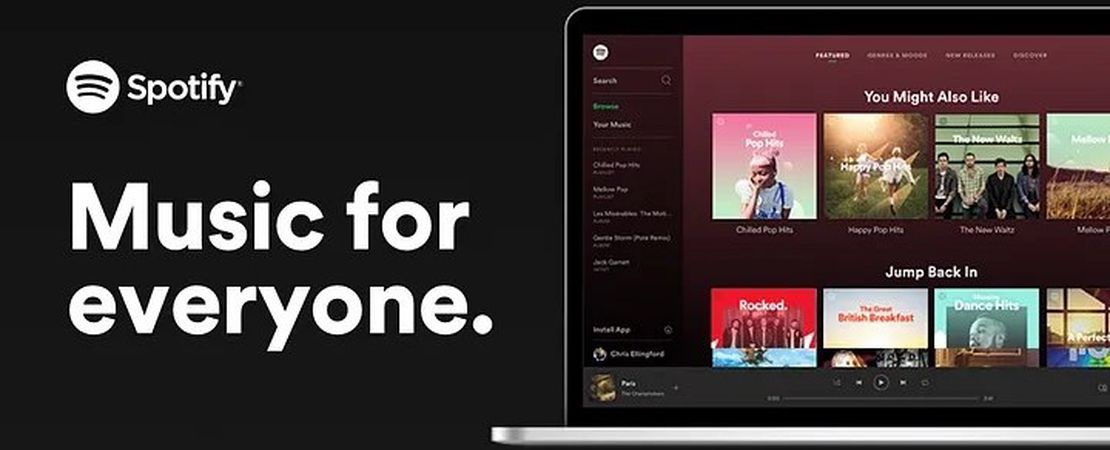
Why do businesses offer free one month trials?- Endowment Effect
- Sejal Gupta
- Consumer psychology
- April 5, 2021
Can consumers be tricked for their love of music?
We all enjoy listening to music. And no one likes ad interruptions during their music sessions. Spotify offers a one-month free trial period for Spotify premium subscription with ad-free music, unlimited skips, and offline listening. Similarly, a lot of platforms offer free one-month trials. But why do they?
This is done to create a feeling of ownership amongst the users. It has been observed that we are prepared to pay more money for something that we already own than we would pay for the item if we did not own it. Simply put, humans value their possessions highly and dislike losing them. This phenomenon is referred to as the “Endowment Effect.” And it results in us buying the subscription after the free trial period is over.
Endowment Effect
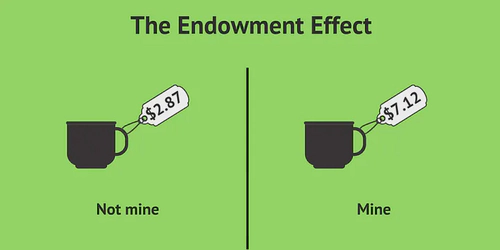
The endowment effect is a behavioral economics principle that describes people’s tendency to value an object that they own higher than they would value it if they didn’t own it. It refers to the emotional bias that causes individuals to value an owned object higher, often irrationally, than its market value.
The term “Endowment Effect” was first explicitly coined by Nobel prize-winning economist Richard Thaler in 1980. In his book, “Misbehaving: The Making of Behavioral Economics,” Thaler explains how he started challenging economic theory and its assumptions while he was a grad student. The endowment effect is a challenge to standard economic theory. According to mainstream thinking, buying and selling prices were supposed to coincide, i.e., if I am willing to buy a chocolate for Rs 100, then I must also be willing to sell a bar of identical chocolate I own for Rs 100. However, research on the endowment effects demonstrated that this was not necessarily true.
Why is happens?
The endowment effect is usually observed as a byproduct of “loss aversion” — the idea that we feel the pain of loss twice as strongly as we feel pleasure at an equal gain. Losing Rs 2000 would cause more than pain than the joy of gaining Rs 2000. Because of loss aversion, when we’re faced with making a decision, we tend to focus more on what we lose than what we gain. Hence, once the free trial on Spotify is over, we view the decision as “the loss of ad-free music experience if we don’t buy the subscription.”
The endowment effect also occurs because we tend to undervalue opportunity costs. Opportunity costs are benefits that we miss out on when we choose one alternative over another. So if you could buy a burger or a pizza, then the opportunity cost of buying a burger would be a pizza. We miss out on the pizza if we buy a burger. In the endowment effect, we tend to over-value the items we own because we focus on losing the item more than the opportunity costs of the money paid. In this case, the opportunity cost of buying a Spotify subscription could be whatever you would have done with that money if you hadn’t bought the subscription.
Endowment Effect around us
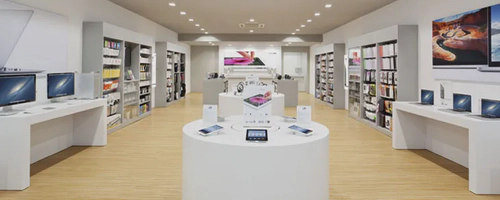
- Apple Showroom
Apple’s showroom lets visitors touch and use all the products without a time limit. Staff is told not to pressure anyone to leave, and the showroom itself is open and accommodating to support the effect of belonging.
- Customisation and personalization
“I built it; therefore, I own it.” — refers to the idea that customers value customized products. When people have worked towards creating a particular product, they tend to value it more, and hence, such products can be priced higher than their counterparts.
Conclusion
The endowment effect is a highly used tactic in the form of free trials and customized products. The endowment effect is the idea that we value something we already own more highly than something of equivalent that we do not. This effect can be exploited by product designers looking to increase adoption and retention of use with products by offering a free trial or a money-back guarantee.
Tags :
Related Posts

The Sunk Cost Fallacy and Music Concerts
Imagine you bought tickets to a concert a few weeks ago for INR 2000.
Read More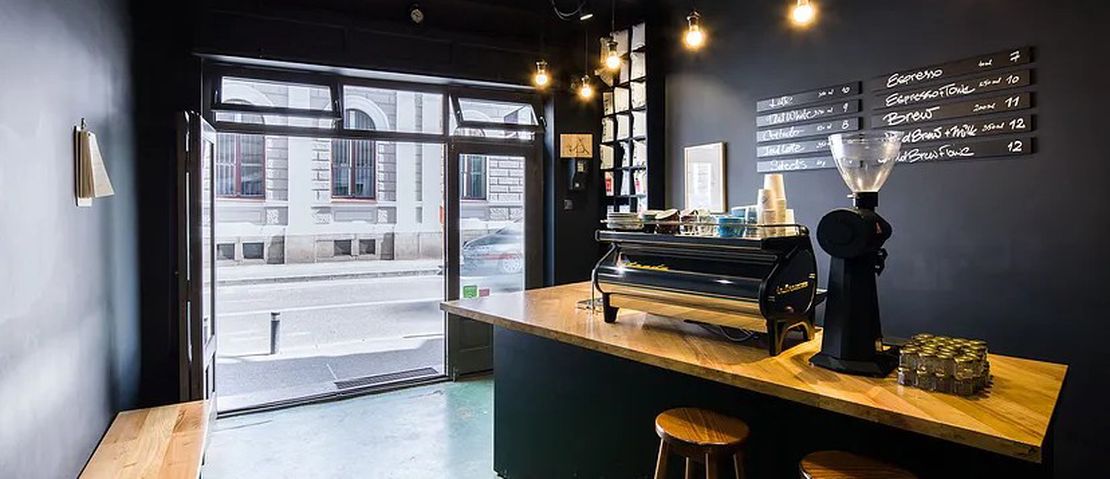
Coffee shops & The Power of Scarcity
Hundreds and thousands of people travel in metro trains in India on a daily basis.
Read More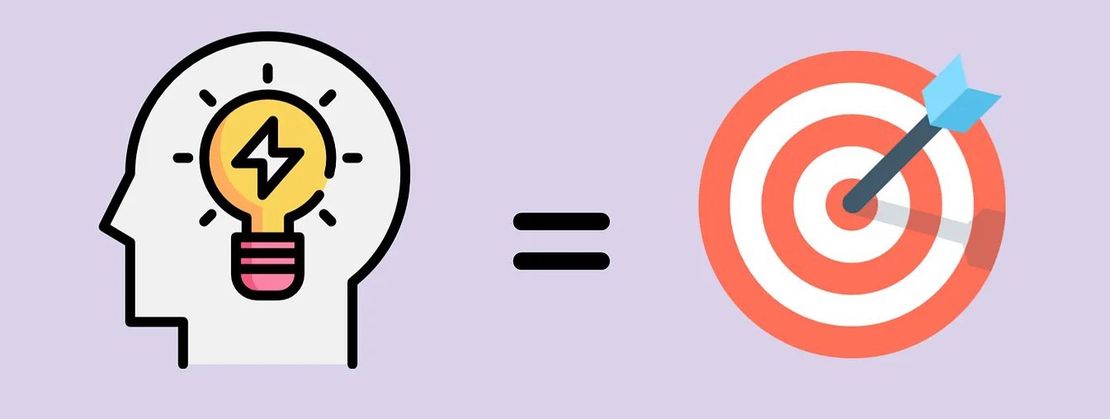
Are human beings always rational?
Every discipline has its own set of assumptions. These assumptions are made to simplify processes so that they are easier to understand.
Read More